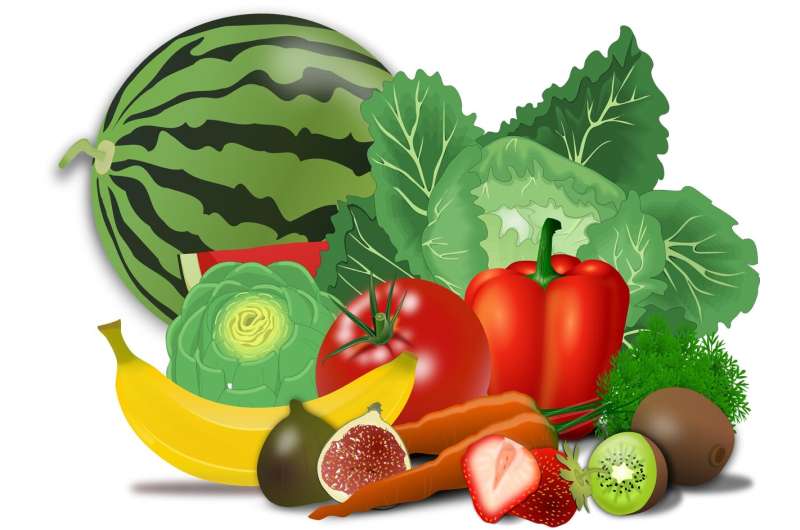Pregnancy Diets Rich in Inflammatory Foods May Increase Child's Risk of Type 1 Diabetes

A diet high in inflammatory foods during pregnancy may increase the risk of childhood type 1 diabetes, highlighting the importance of maternal nutrition and lifestyle choices.
Recent Danish research has highlighted a potential link between maternal dietary habits during pregnancy and the risk of offspring developing type 1 diabetes. The study suggests that consuming a diet high in foods that promote low-grade systemic inflammation might elevate this risk. The researchers analyzed data from over 67,700 mother-child pairs in the Danish National Birth Cohort, focusing on the inflammatory potential of maternal diets assessed during pregnancy.
They used the inflammatory dietary index (EDII) score, derived from food frequency questionnaires completed around the 25th week of pregnancy, which evaluated typical food consumption across 38 food groups. Foods known for their inflammatory properties—such as processed and red meats, sugar-sweetened beverages, baked goods, refined grains like white bread and pasta, deep-fried items, foods high in added sugars, and trans fats—were associated with higher EDII scores.
Findings revealed that for each standard deviation increase in dietary inflammatory potential, there was a 16% higher risk of the child developing type 1 diabetes, which was diagnosed in nearly 0.5% of the children during an average follow-up of 17 years, with an average diagnosis age of 10.
The study also found that higher EDII scores correlated with maternal factors like younger age, smoking, lower alcohol intake, shorter breastfeeding duration, higher body mass index, and lower socioeconomic status. Conversely, diets rich in alliums, tomatoes, whole grains, coffee, green leafy vegetables, fruits, dark fish, and tea were associated with lower inflammatory scores.
Other factors influencing risk included maternal gluten intake and smoking during pregnancy. A 10g increase in gluten consumption was linked to a 36% higher risk of the child's developing type 1 diabetes.
While the study underscores that this is observational and cannot establish causality, it emphasizes the importance of maternal diet during pregnancy. The researchers suggest that mid-pregnancy may be a critical window during which maternal lifestyle and dietary choices impact the immune development of the fetus and later health outcomes.
They propose that diet modifications avoiding highly inflammatory foods and considering other factors like gluten intake and smoking could potentially reduce the risk of type 1 diabetes in children. More research is needed to understand the specific mechanisms involved, but this study adds to the growing evidence that early-life environmental and maternal factors play a crucial role in autoimmune disease development.
Stay Updated with Mia's Feed
Get the latest health & wellness insights delivered straight to your inbox.
Related Articles
Including Red Meat in High-Quality Diets May Enhance Mental Well-Being, Study Suggests
A new study finds that including red meat in high-quality diets may boost mental health and gut microbial diversity, challenging traditional dietary restrictions and emphasizing a balanced approach.
Rethinking Fruit and Vegetable Intake: How Much Do We Really Need Daily?
Recent research suggests increasing daily fruit and vegetable intake beyond the traditional five servings can significantly reduce the risk of chronic diseases and improve longevity. Learn how to boost your diet today.
Long-Term Benefits of 16-Hour Fasting Achieved Regardless of Eating Window Timing
A new study reveals that a 16-hour fasting regimen can lead to sustained weight loss and health improvements for at least one year, regardless of when the eating window occurs during the day.
Understanding the Limitations and Risks of Semaglutide for Weight Loss
Semaglutide is effective for weight loss but has notable limitations and safety concerns. Alternative dietary approaches, especially plant-based diets, offer a safe and proven way to improve health and manage weight sustainably.



